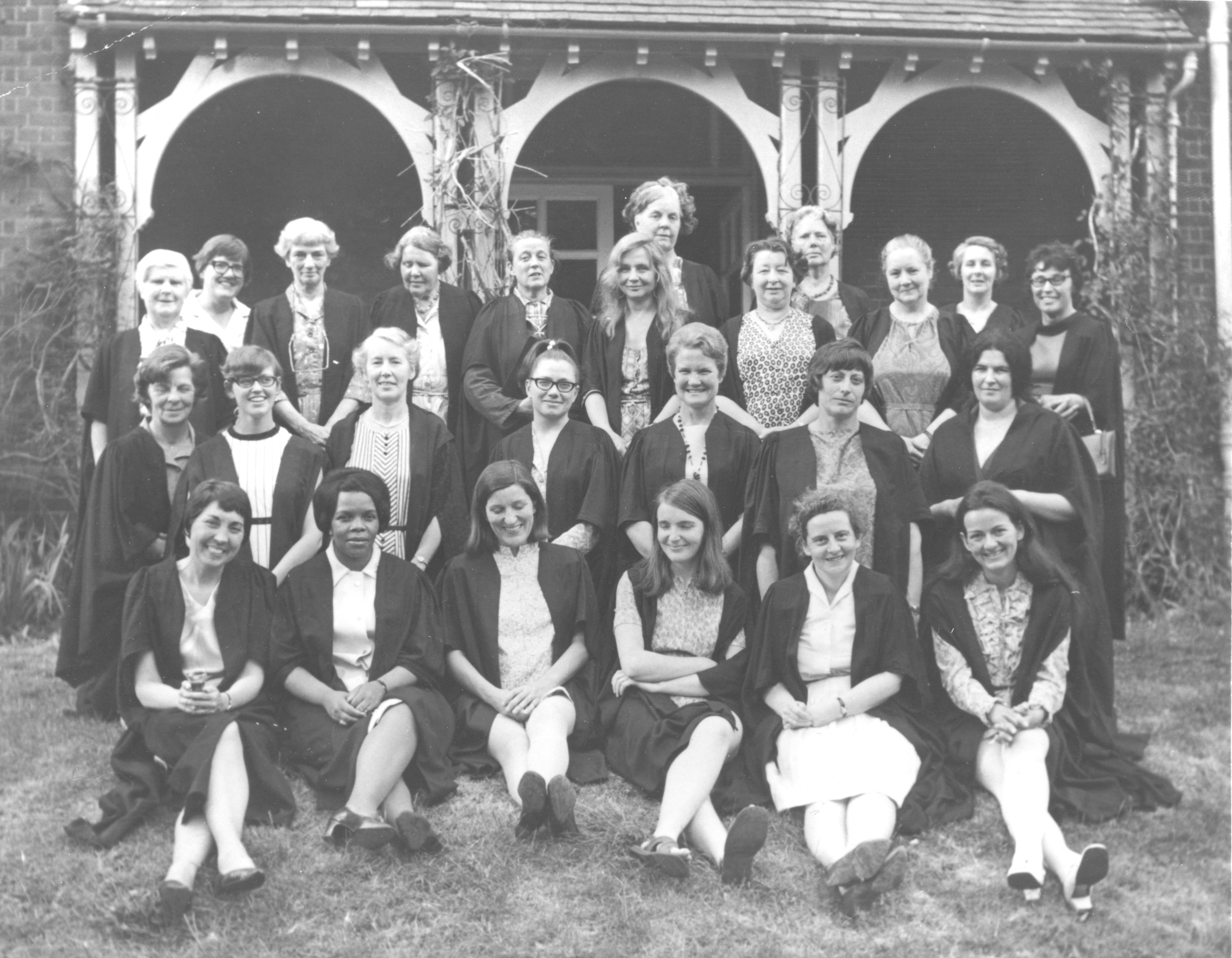Lucy Cavendish College was founded in 1965 as a Collegiate Society. Initially a graduate Foundation, it admitted its first undergraduates in 1972.

It became an Approved Foundation of the University of Cambridge in 1984 and then in 1997 it was incorporated by Royal Charter, achieving full status as a College. The College is an autonomous, self-governing community of scholars and one of the 31 colleges within the University of Cambridge. The College is a registered charity (number 1137875) regulated by the Charity Commission and its registered office is Lucy Cavendish College, Lady Margaret Road, Cambridge CB3 0BU.
Originally an institution founded for mature women and which transformed their life chances and gave them professional careers, the College decided to open those opportunities to new groups of under-represented women of all ages (generally 18+) from October 2020 and from all ages and genders from September 2021, and to welcome and support particularly those who have a passion and commitment to address the global challenges that characterise our societies in the 21st Century.
The College provides, with the University, an education of the highest quality through small group teaching, academic supervision, library, computing and cultural facilities, meals and living accommodation and appropriate support for students in personal or financial need. Every student has a personal Tutor.